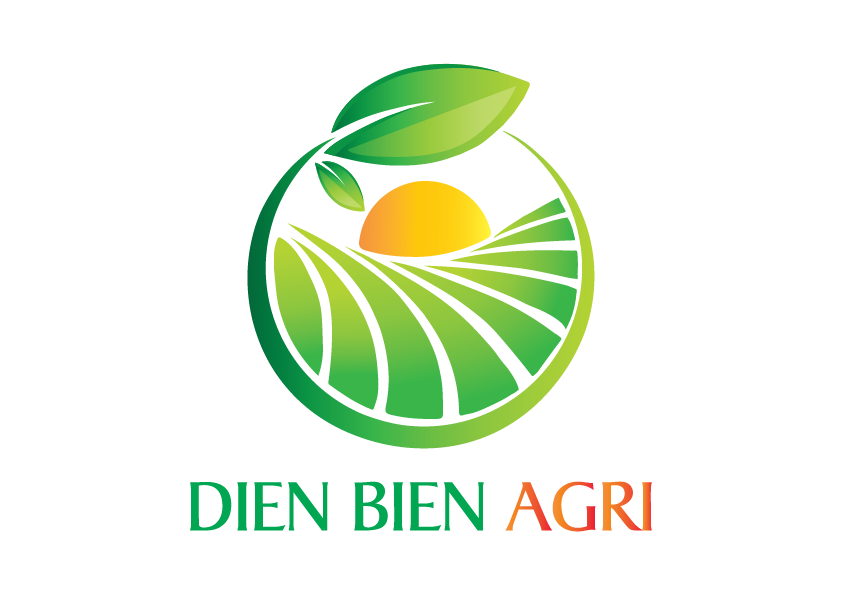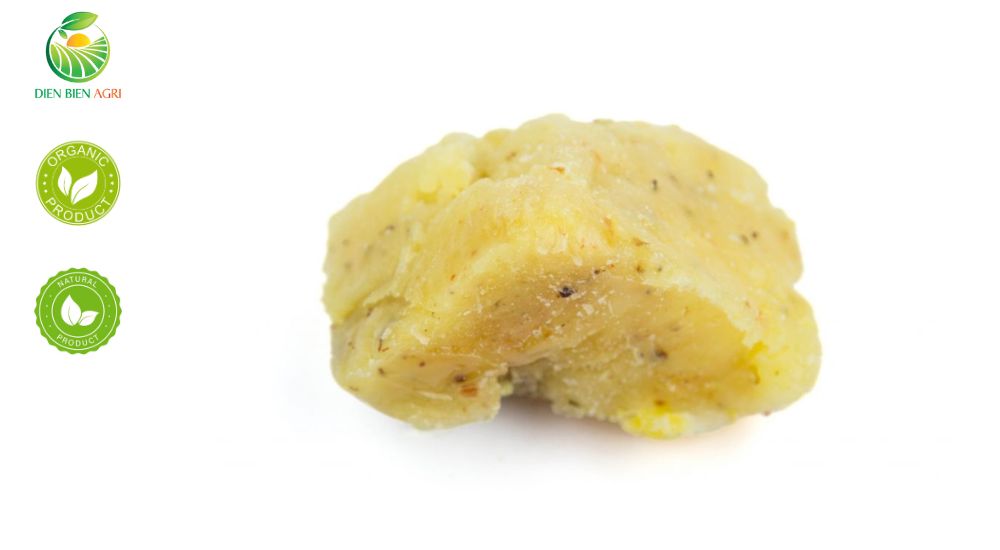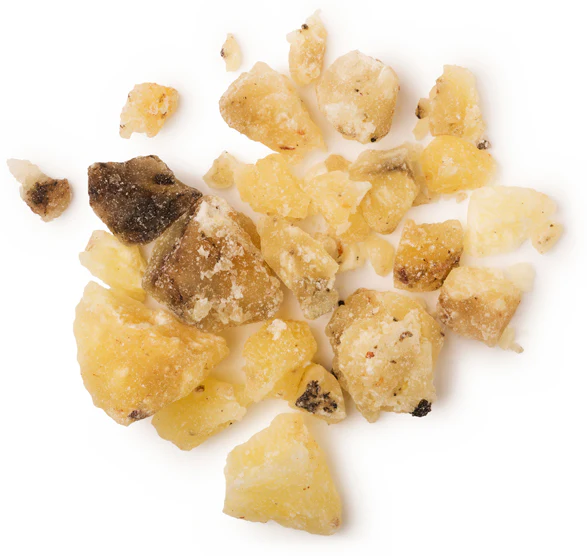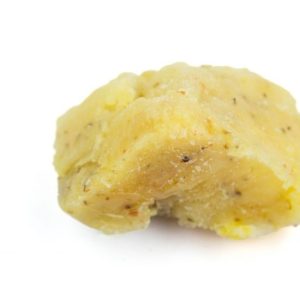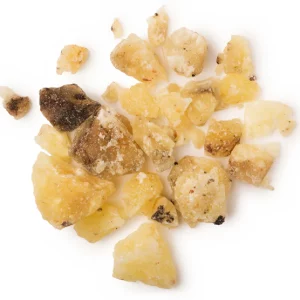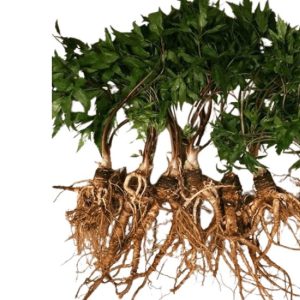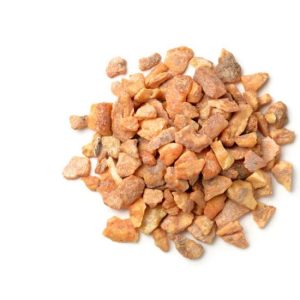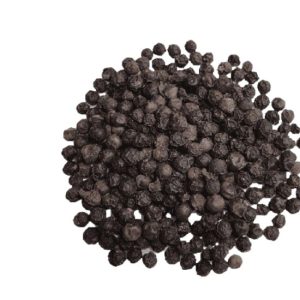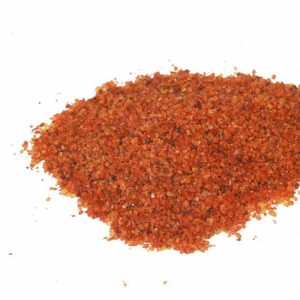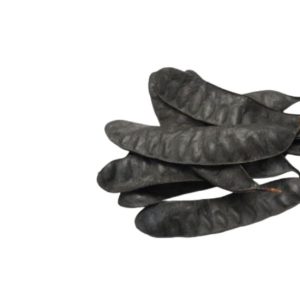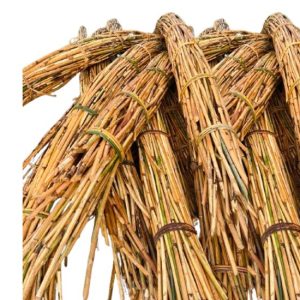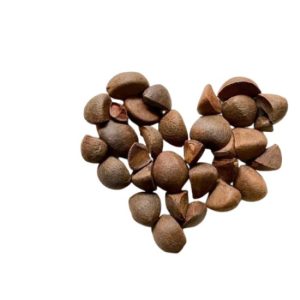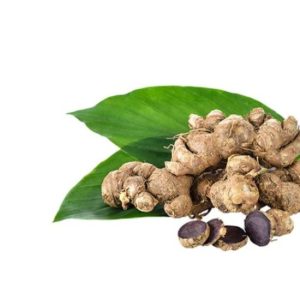PLANT DESCRIPTION
Elemi resin is the resin obtained from the elemi tree (Canarium album) – a tropical tree indigenous to Vietnam and other parts of Asia, though it has been widely utilized in the Middle East for hundreds of years. It is a member of the Burseraceae plant family and can reach heights of up to 98 feet. As the tree begins to grow new leaves, it releases a natural resin, which is harvested and then steam-distilled to create elemi essential oil.
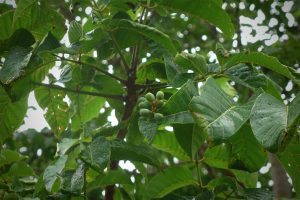
Natural characteristics of Elemi resin
White canarium (Canarium album), also known as thanh quả, cà na, or cây bùi, is a large tree from the Burseraceae family, growing up to 15–20 meters tall. Young branches are light brown and hairy.
It has pinnate, alternate leaves. Flowers bloom from June to July, with fruiting from August to October. The soft, lightweight wood is easy to work with and used in construction, plywood, and paper production.
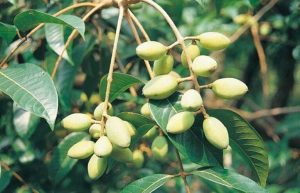
The resin of the white canarium is used for essential oil distillation and processed into rosin for use in the perfume, soap, and varnish industries, as well as in incense making, paint mixing, and ink production. The fruit is edible and used as food, in preserved snacks (ô mai), and as a remedy for cough, alcohol intoxication, and detoxification.
Currently, white canarium is among the main species selected for planting under Program 327, as well as in forestry promotion projects, farm forestry projects, and other reforestation programs, with the aim of producing timber, fruit, and resin.
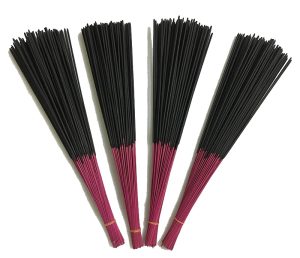
Harvesting Process
1. Resin Harvesting Season of Elemi resin
The best time for resin extraction is from the 8th to the 3rd lunar month, when trees yield the most resin. From the 4th to 7th lunar months, resin production drops, so harvesting should be minimized to support healthy tree growth and development.
2. Selection of Trees for Harvesting Elemi resin
Trees selected for resin extraction should have an average diameter of over 25 cm and a height ranging from 15 to 20 meters. The trunk should be straight and free from pests and diseases.
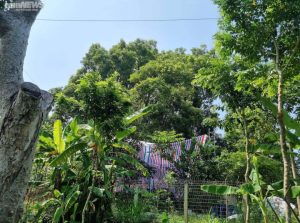
3. Cleaning Around the Tree Base
Before starting resin extraction, it is necessary to clear the undergrowth around the base of the selected tree.
4. Resin Harvesting Tools for Elemi resin
The main tools used for extraction are a resin tapping knife and a resin scooping tool.
5. Resin Tapping Intensity
Sustainable tapping should be practiced to ensure the tree’s long-term health and growth. The number of tapping incisions depends on the tree’s diameter:
- Diameter 25–30 cm (measured at 1.3 m above ground): 1–2 incisions.
- Diameter 31–40 cm: 2–3 incisions.
- Diameter 41–50 cm: 3–4 incisions.
- Diameter over 50 cm: 4–5 incisions.
The first tapping cut should face the southeast direction to maximize resin yield. Incisions on the same tree should be arranged symmetrically.
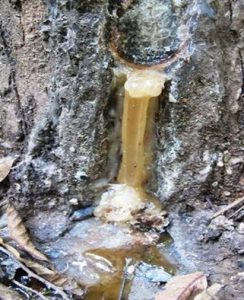
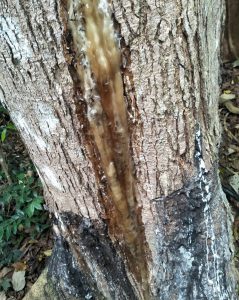
6. Resin Tapping Technique
The first tapping cut should be semicircular, made 40–50 cm above the ground, with a 2–3 cm radius and 3–4 cm width, cutting through the bark just to the wood. Tapping is repeated every 2–3 days, each time shaving off a 2–3 mm bark layer from top to bottom. Resin flow becomes steady after 25–30 days. When tapping reaches near ground level, start a new incision 10–15 cm away from the original.
7. Elemi Resin Collection
Resin is usually collected in baskets. Collection is done every 8–10 days (after about 3–4 tapping sessions). When collecting, continue tapping the same tree to minimize travel time and effort.
8. Resin Storage
After collection, the resin does not require preliminary processing. It should be tightly packed and wrapped in plastic bags to prevent exposure to air, keeping it soft and pliable. Store the resin in a cool, shaded area.
Quality and Supply
At Dien Bien Agri, we commit to ensuring our Elemi resin undergoes stringent quality control to meet international standards. We work closely with our suppliers to ensure sustainable harvesting and ethical production. Contact us for more information.
Read more: here 5 things about Elemi Resin of Dien Bien Agri.
Contact us for more information:
Tel/WhatsApp: +84.973.447.926.
Email: [email protected]
Add: Thanh Minh Commune, Dien Bien City, Vietnam
Factory: Bai Dai Village, Tien Xuan Commune, Thach That District, Ha Noi City, Vietnam
